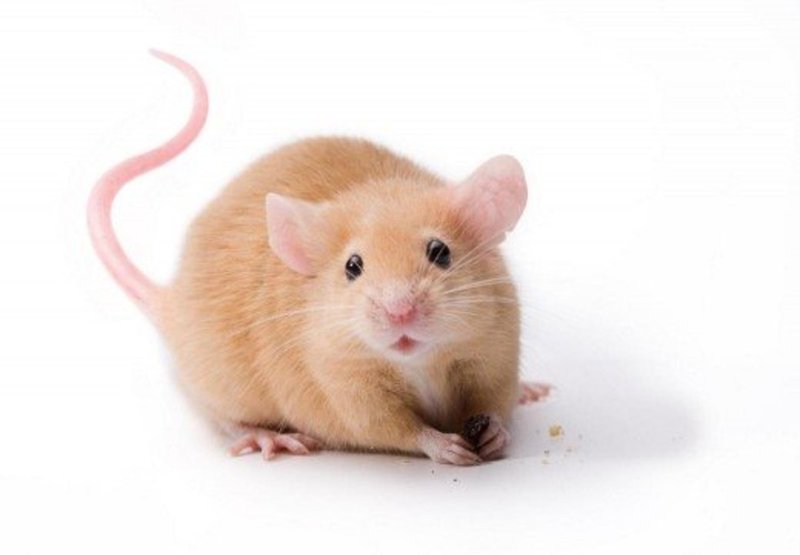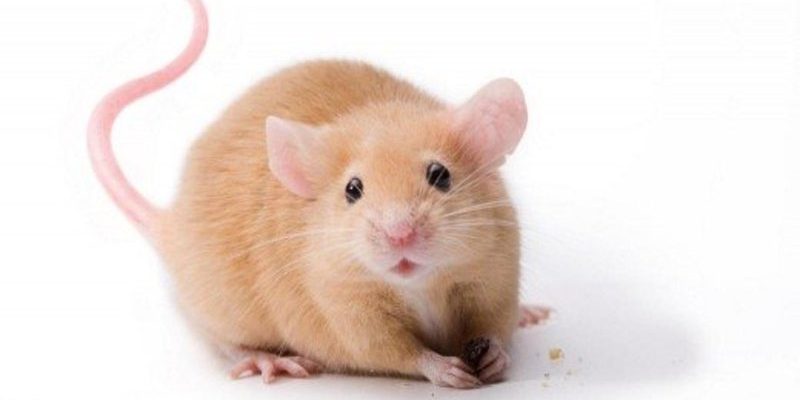
In this article, we’ll explore common health issues that long-haired mice can encounter and how you can keep them happy and healthy. Think of it as a caring guide that helps you navigate the challenges of caring for these unique little creatures. From grooming to diet, there’s a lot to consider to ensure your long-haired mouse thrives.
Understanding the Unique Needs of Long-Haired Mice
Long-haired mice have beautiful, luxurious coats that set them apart from their short-haired counterparts. However, these lovely locks come with a responsibility. Their fur needs regular attention to prevent matting and other issues. Imagine if you had the most gorgeous mane ever—without maintenance, it could quickly turn into a tangled mess.
One of the main challenges with long-haired mice is maintaining their fur. Regular brushing is essential. You should aim to brush them a few times a week. This helps to remove loose fur and prevents matting. Just like you wouldn’t want a bad hair day, your mouse deserves to feel comfortable in their skin—or fur, rather!
Besides grooming, it’s crucial to monitor their overall health. Long-haired mice can be prone to certain conditions, like skin infections or respiratory issues. Paying attention to any changes in their behavior or appearance can help you catch problems early.
Skin Problems: Itchy Issues and Infections
Skin problems are one of the most common health issues in long-haired mice. Their lush coats can trap moisture and bacteria, which might lead to itching and even infections. Think of it this way: if you’ve ever worn a wet sweater for too long, you know it can get pretty uncomfortable!
Here’s what you can do to keep your mouse’s skin healthy:
- Regular Grooming: As mentioned earlier, brushing prevents mats that can trap dirt and debris. Make sure to use a fine-toothed comb specifically designed for small animals.
- Clean and Dry Environment: Mice thrive in clean habitats. Regularly clean their cage with appropriate pet-safe products to reduce the risk of skin infections.
- Monitor Changes: Keep an eye out for any signs of scratching, red spots, or unusual odor. These can be indicators of skin problems that need a vet’s attention.
Long-haired mice might also be susceptible to parasites like mites. If you notice excessive scratching or hair loss, it’s worth checking with a vet who can recommend treatments.
Respiratory Issues: The Importance of Air Quality
Respiratory issues are another concern for long-haired mice. Their tiny lungs can be quite sensitive to their environment. Poor air quality—think dusty bedding or strong odors—can trigger problems. It’s like trying to breathe in a smoky room; you’d feel uncomfortable too!
To keep your furry friend breathing easy, consider these tips:
- Choose the Right Bedding: Opt for dust-free bedding materials. Avoid cedar shavings, as they can irritate their lungs. Instead, look for materials like paper-based bedding that’s gentle on their respiratory system.
- Ventilation: Make sure their living space is well-ventilated. A good airflow can help prevent respiratory issues before they start.
- Regular Cleaning: Clean their cage frequently to reduce dust and odor buildup. A fresh environment is a happy environment!
If you notice signs of respiratory distress—like sneezing or labored breathing—make sure to take them to a vet. Quick action can make all the difference.
Dental Health: Keeping Those Chompers in Check
Just like us, mice can suffer from dental issues. Their teeth grow continuously, and if they don’t wear them down properly, they can lead to problems like overgrown teeth. Imagine trying to eat with a tooth that’s too long—pretty uncomfortable, right?
Here’s how you can help maintain your mouse’s dental health:
- Provide Chewing Materials: Offer chew toys or untreated wood pieces to help wear down their teeth. This not only keeps their teeth healthy but also entertains them.
- Monitor Eating Habits: If you notice your mouse has trouble eating or prefers soft foods, it might be a sign of dental issues. Keep an eye on their behavior, and consult a vet if you have concerns.
- Healthy Diet: A balanced diet with fresh fruits and vegetables can help keep their teeth strong. Just remember to research which foods are safe for mice!
Taking these steps can help your long-haired mouse maintain a healthy mouth. It’s a small way to ensure they can enjoy their meals without pain.
Obesity: The Hidden Dangers
You might think those tiny bodies don’t have much room for extra weight, but obesity can still be a problem for long-haired mice. If they munch on too many treats or don’t get enough exercise, it can lead to health issues like diabetes or heart disease. Think of it as a little balloon—you want it to be just right, not too inflated!
To help keep your mouse fit and healthy:
- Portion Control: Be mindful of how much you feed your mouse. Stick to recommended serving sizes and avoid giving too many high-calorie treats.
- Encourage Activity: Provide plenty of toys and opportunities for exercise. A wheel is a great way to let them burn off some energy.
- Regular Check-Ups: Just like with us, regular vet visits can help keep an eye on their weight and overall health. Catching issues early can prevent larger problems later on.
By being proactive about your mouse’s diet and activity levels, you can help them live a longer, healthier life.
Preventive Care: Routine Vet Visits and Hygiene
When it comes to keeping your long-haired mouse in tip-top shape, preventive care is key. Regular vet check-ups can help catch any potential health issues before they become serious. Your vet knows their stuff and can guide you on the best practices for keeping your mouse healthy.
Consider these preventive measures:
- Regular Check-Ups: Schedule routine visits to the vet for health screenings. This way, you can monitor conditions like weight, teeth, and overall health.
- Hygiene Practices: Alongside cleaning their habitat, consider periodic bathing if needed. Just make sure you use mild soap and keep it infrequent to avoid stripping their natural oils.
- Vaccinations: Ask your vet if there are any vaccinations recommended for mice. While not all mice need them, it’s good to be informed.
Taking these steps can not only help your long-haired mouse thrive but also gives you peace of mind.
Caring for a long-haired mouse is truly rewarding, but it does come with its challenges. By understanding common health issues, you can take steps to prevent them before they start. Remember, it’s all about being proactive! Whether it’s through regular grooming, monitoring their diet, or keeping their living space clean, every little effort counts.
As a loving pet owner, you have the power to provide a healthy, happy environment for your furry friend. So grab your brush, check on their diet, and enjoy the delightful companionship of your long-haired mouse. They might be small, but the joy they bring is immeasurable!

